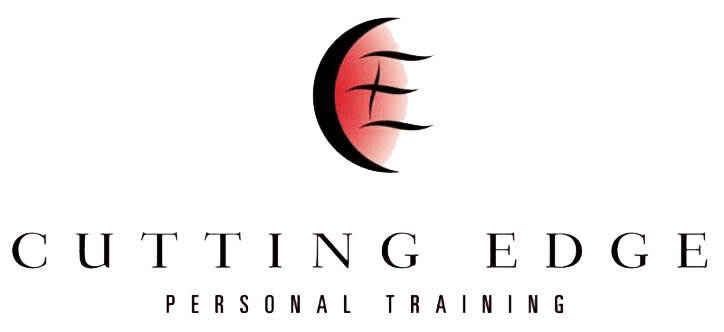March 18, 2022
Nutritional Supplements - Are Supplements A Must? Pt. 1

Nowadays, fitness trainees are influenced by what we like to refer to as “the industry of easy solutions.”
Every single day, millions of people see advertisements for nutritional supplements that promise an “easy solution” to something.
Whether that’s fat-burners, testosterone boosters, or pre-workout powders, these products are in people’s faces, constantly!
A lot of think people view supplements as a necessary part of any fitness routine.
And that’s okay.
But are they really?
In this first article of the series, I’ll go over the basics to answer all your questions regarding supplements.
What Are Supplements?
First and foremost, it is essential to mention that supplements should never be seen as a substitute for eating right or exercising.
There is still a lot of misinformation floating around about supplement products, namely because of the ‘industry of easy solutions’ I mentioned in the intro of this article.
Not only should supplements not be seen as a substitute for anything, but also, they shouldn’t be viewed as a “quick fix” for any fitness goal.
Because really, they are nothing like this!
By definition, a supplement is ‘a thing added to something else, in order to enhance or complete it.’
To make it simple, think of it this way - Nutritional supplements are like fuel additives for cars.
Gas/diesel is the primary thing that the car needs, but an additive to that fuel can improve its properties and help the car run slightly better and more efficiently.
In this case, the fuel is your nutrition plan, and the additives are the supplements.
The Essentials
Alright, if supplements are just fuel additives, then we need to figure out how to get the best ‘fuel’ possible first, before even thinking about any additives, right?
Exactly right!
So really, this means that you must first understand the underlying, fundamental aspects of a nutrition plan.
Let’s have a brief look at them.
Daily Caloric Intake
Again, before thinking about any supplements in the first place, think about the total amount of food you consume each day.
If you’re trying to lose fat, keep your intake lower than your maintenance needs (known as ‘eating in a caloric deficit’).
Oppositely, if you’re trying to gain muscle, keep your intake slightly above your maintenance needs (known as ‘eating in a caloric surplus’).
If, however, you’re not really after any specific goals but just want to feel good in your own skin, your best bet would be to consume food at maintenance calories.
This doesn’t necessarily mean weighing every single bite.
Remember, your body can very well regulate its own food intake if you don’t get in its way.
Consume quality, satiating foods, and track your satiety levels - Don’t eat until you’re stuffed. Eat until you’re satiated.
Sufficient Macros
As I mentioned in a previous article called “What Does "Healthy Eating" Mean?”, it’s not just about calories.
The caloric content of your nutrition plan is built upon the foundation of the three macronutrients - Proteins, fats, and carbohydrates.
Proteins and fats are essential, as the body needs them for optimal functioning and can’t produce them on its own. And although carbs aren’t “essential”, they are a nice addition for anyone who wants to perform at their best during heavy workouts.
Make sure to get plenty of macronutrients from quality food sources, such as:
1. Grass-fed beef
2. Eggs of pasture-raised chicken
3. Organs from grass-fed animals
4. Fish and other seafood
5. Local fruits/vegetables
Sustainability
Yes, it’s true - Sufficient calories and macronutrients of quality sources are essential in ANY nutrition plan.
HOWEVER, the MOST critical part of such a plan is its sustainability!
In other words, no nutrition plan should feel like torture. It must make it easy for you to stick to it in the long term and be enjoyable.
If there’s too much resistance in following it, optimize until you get to the point where it is sustainable and can be built as a long-term habit!
Finally, Supplements
Okay, so once you have all the essentials dialed in, you can THEN think about supplements.
Keep in mind, though, supplements are entirely optional, and they won’t bring the major difference you’re looking for.
Most of the results will simply come from the essentials we just talked about, but the right supplements can give you an extra edge for your performance and recovery.
What are those supplements, you may ask? Let me close out Part 1 with what I consider “the essentials” in supplementation.
Protein Powder
Protein Powder is at the top of my list because it makes eating enough of our most important macronutrient much easier.
That being said, I don’t recommend getting any more than 50% of your daily protein from powders. And I don’t recommend more than 40-50 grams of protein from a powder source in any one sitting.
Multivitamins
A high-quality multivitamin (or greens product) makes this list because most of us just don’t get enough of certain key nutrients through our diets.
Vitamin D
If you haven’t realized the importance of Vitamin D over the past couple of years, I’m going to assume you’ve been living under a rock.
Vitamin D is vital is so many physiological processes such as immune function, metabolism, and cell growth. And most of us don’t get enough sun exposure to be sufficient, making supplementing with Vitamin D (specifically D3) not only beneficial, but important.
Fish Oil
We’ve already established that fats are essential to our health and performance. Topping the list of Essential Fatty Acids is fish oil. For those of us that don’t eat a couple of servings of fish each week, a good fish oil supplement is an ideal addition to our arsenal.
That covers the essentials. Follow along with me in parts two and three of this article series, where we go through the best Performance-enhancing & Recovery-boosting supplements available on the market!
See you there!

All Rights Reserved | Cutting Edge Personal Training | Privacy Policy




